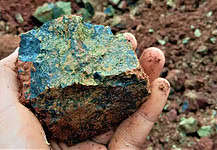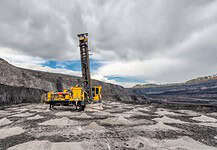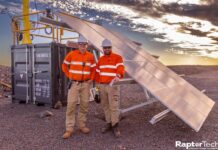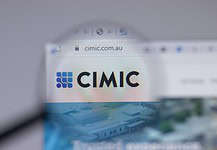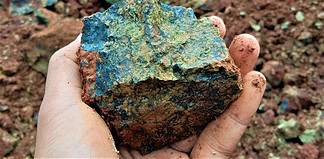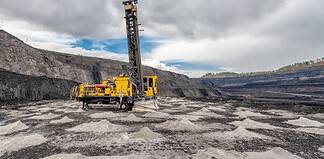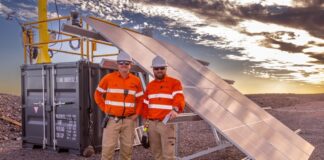The State Budget decision will see gold miners pay an increased royalty rate of 3.75 per cent when the Australian gold price is above $1200.
BY ELIZABETH FABRI
THE McGowan Government’s decision to increase royalty rates for WA gold miners has been labelled a “disappointing move” by the Chamber of Minerals and Energy of WA (CME) and a “baffling cash grab” resulting in potential job losses and mine closures by the Association of Mining and Exploration Companies (AMEC).
Under the Budget, from January next year gold miners will pay a tiered royalty rate of 3.75 per cent when the Australian gold spot price is above $1200, or the current rate of 2.5 per cent if at or below $1200. Australian gold prices were currently hovering around the $1600 mark.
In addition, from 1 July 2018, the State will remove the current exemption for the first 2500 ounces of gold production for miners who produce more than that amount in a financial year.
The McGowan Government said the changes were estimated to raise $392 million in additional royalty revenue to assist with the “difficult task” of repairing the State’s finances.
WA Mines and Petroleum minister Bill Johnston said the decision was consistent with the 2015 Mineral Royalty Rate Analysis report, which found the gold industry provided a lower return to the State than other commodities.
“Small producers and prospectors producing under 2500 ounces per year will not be impacted by these changes,” Mr Johnston said.
“The McGowan Government understands the challenges smaller producers and prospectors face.
“It is only fair that the WA community receives a more appropriate return on the State’s gold resources.”
The minister added recent increases in exploration expenditure, employment and high gold prices indicated strong conditions for the gold industry.
“Given these strong conditions, and that WA ranked third for investment attractiveness in the recent Fraser Institute 2016 Survey of Mining Companies – ahead of other major gold producers – the changed royalty arrangements are not expected to impact investment in the State’s gold industry,” he said.
Based on the current Australian gold price, the increased rates would equate to an additional $20 per ounce.
Chamber of Minerals and Energy WA acting chief executive Nicole Roocke said the changes would have a “devastating impact” on the State gold sector.
“To introduce such austere measures at a time when the gold sector is just experiencing an improvement in production and sales is unjustified, especially when the majority of royalties raised from this increase will eventually be redistributed to other states through GST after four years,” Ms Roocke said.
“The gold sector employs 25,000 people – around 23 per cent of the total WA mining industry workforce – and many of these jobs may now be put at risk due to this royalty increase.”
Ms Roocke said some gold companies would face a double-hit, with the State Government also announcing a new payroll tax scale from 1 July 2018.
The scheme would see employers with Australia-wide payrolls of between $100 million and $1.5 billion taxed at a marginal rate of 6.5 per cent.
“For some gold companies, the prospect of paying higher royalties and payroll tax could be crippling,” she said.
“The resources sector is the main target of this new payroll tax, with iron ore companies bearing the brunt and contributing one fifth of the total additional revenue generated from the levy, expected to be $435 million over the forward estimates.
“The Budget is bad news for the resources sector and not reflective of the contribution it makes to WA, which amount to $5.2 billion in royalties in 2016-17.”
Association of Mining and Exploration Companies (AMEC) acting chief executive Graham Short, echoed this response stating the decision to increase the royalty rate was based on a “flawed” Mineral Royalty Rate Review that used “inaccurate methodology and pre-2104 financial data”.
“The royalty increase represents a 50 per cent hike in a major business input cost for the gold industry,” Mr Short said.
“This is significant and cannot be easily met without consequences; it will be paid for in jobs, investment and mineral exploration activities.”
“The perplexing issue is that the majority of the revenue raised will go out the backdoor to other Australian States and Territories through the GST re-distribution process, whilst the jobs will be lost in WA.
“The Budget has increased the cost of doing business for the mining and mineral exploration industry in WA.”



